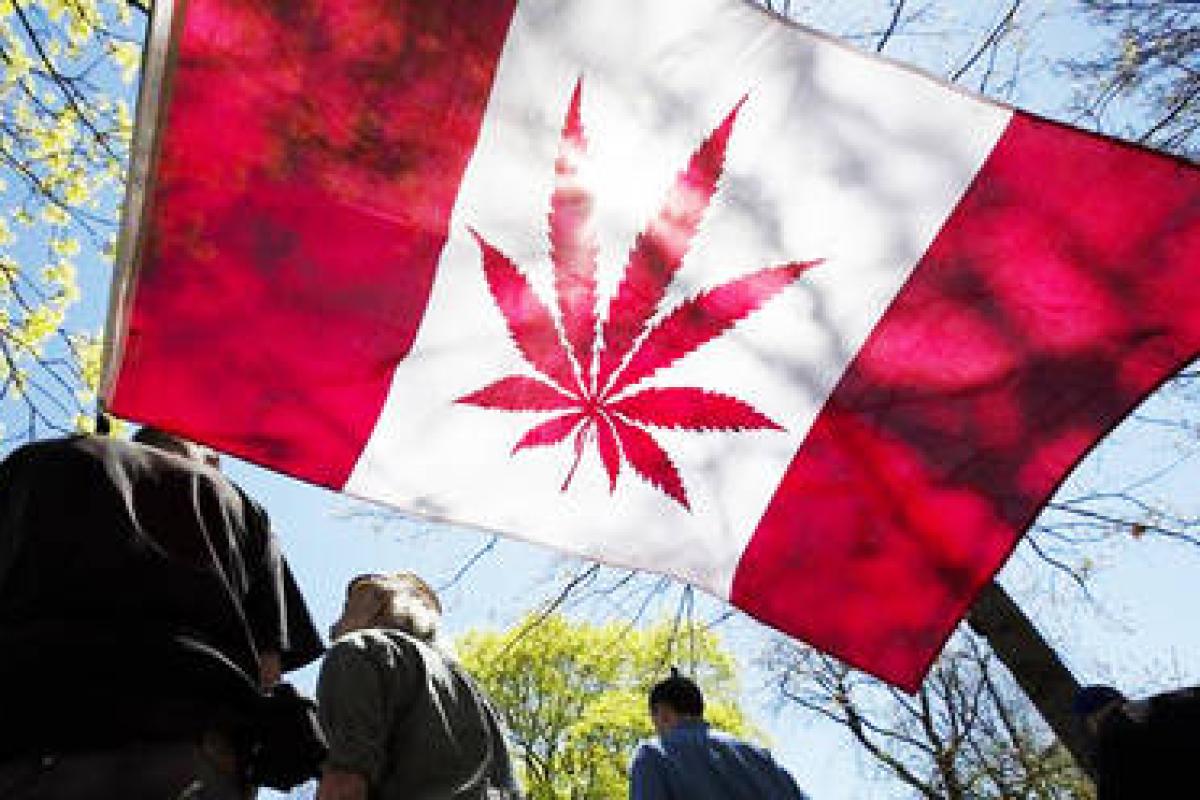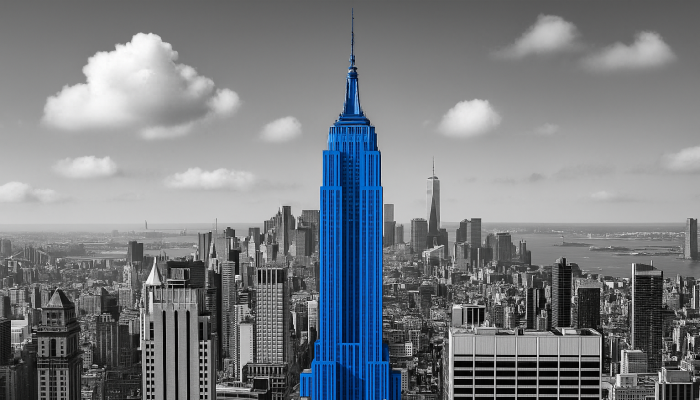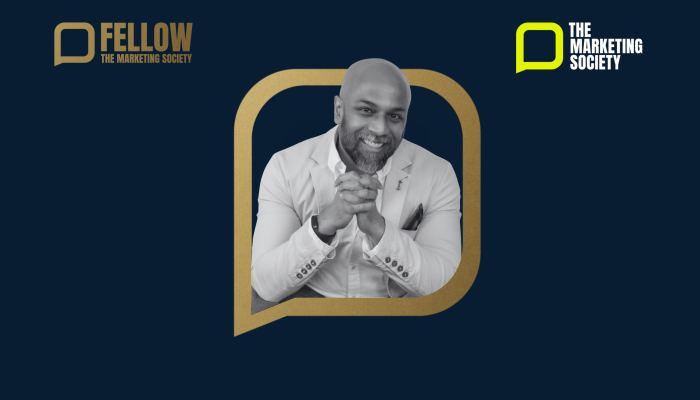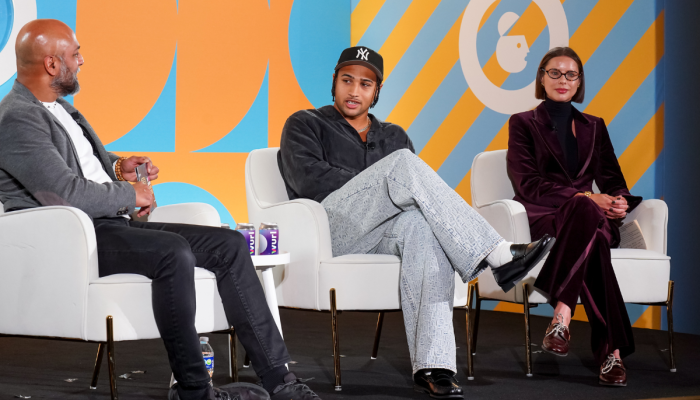2017 has been a rocky ride for most.
Last year's political earthquakes continue to dominate the daily news cycle, the world's disruptive tech brands lurched from one disaster to another and Airbnb provided a clear signpost that big global brands no longer feel comfortable shying away from polarising opinion.
As the year draws to a close, we reflect on five talking points from 2017 with a simple lesson for marketers from each.
Cannabis became legal in Canada and it wants beer for lunch
With 20% of Canadians reported to have illegally smoked the sticky-icky-icky in the last year according to CBC News, the cannabis category will undoubtedly be big business for those growers who manage to get their sh*t together in time for the first day of trade.
Canadian Prime Minister Justin Trudeau legalised the recreational use of cannabis in 2017 with the new ruling to come into effect in July 2018.
Constellation Brands, the parent company of Corona beer has since bought a 9.9% stake in medical marijuana company Canopy Growth Corporation.
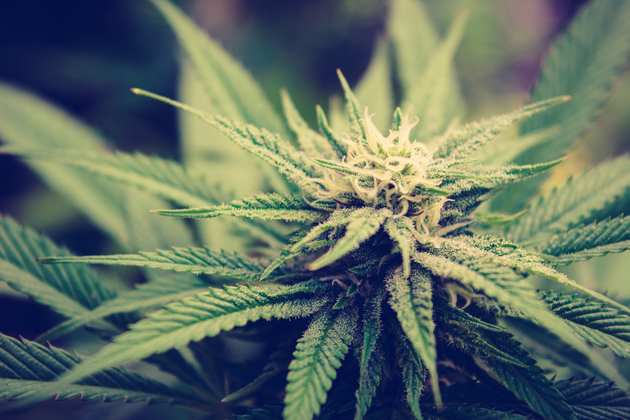
Constellation Brands intend to use Canopy's expertise to create cannabis-infused drinks, but with a strong likelihood that beer brands could well end up losing share to cannabis companies as consumers choose weed over beer, it's also surely an act of self-preservation too. If you can't beat 'em...
As an entirely new category (legally anyway), it will be interesting to see how the cannabis brand and marketing codes and conventions develop and also, from what adjacent categories might these companies steal share. Beer? Pharma? Entertainment? Undoubtedly. It could be just about anyone right?
“Brand” is another word for “business insurance policy”
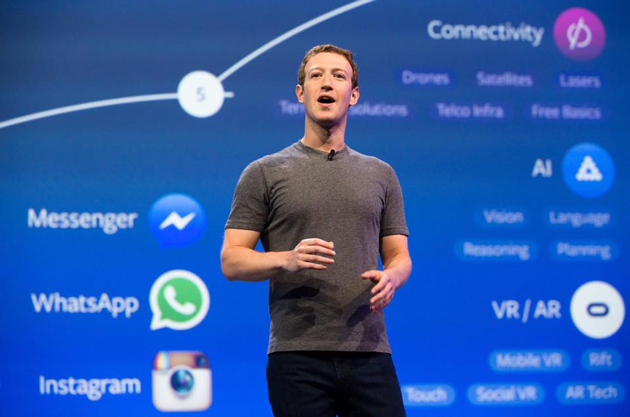
2017 has been a rough year for disruptive tech brands. The upheaval of social and political norms around the world, in conjunction with these brands’ self-acclaimed (if often quite fuzzy) role as pioneers of our collective future wellbeing has put them under the spotlight and found them wanting.
Social media platforms such as Facebook have been particularly hard hit – despite lengthy (TL:DR) manifestos outlining their ‘values’, and recent promises to do better at filtering suspect articles & memes in the future, Facebook stands accused of being a channel for election winning foreign and extremist propaganda.
Though the impact of this on their bottom line is debatable, is seems likely that their reputation - built at a significant cost – is permanently tarnished. The White House is just that much further away.
Where others have floundered, Tesla emerged from 2017 with their reputation largely intact. Allegations of sexist and racist internal culture, controversial steps to prevent employees from unionising and problems with the production of the “make or brake” Model 3, have all been largely dismissed.
But why hasn’t there been a #DeleteTesla movement? Perhaps because Tesla are always able to lead the conversation away from these unsavoury topics every time. There’s always a bigger story around Tesla, another world saving innovation, another mission to Mars.
Businesses of Tesla’s size are rarely perfect. For many tech companies, brandexists as a wrapper around a collection of product features. The problem is, without a strong brand and an underlying purpose, people have nothing to buy into. And no reason to stick with them when times are tough.
A strong brand is effectively your insurance policy – people are willing to forgive missteps if they know where you’re going and why. But if you don’t tell them, they’ll create their own (often negative) narrative to fill that void.
It pays for brands to be dramatic
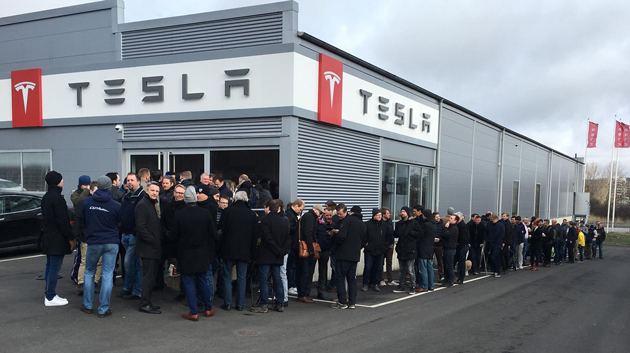
In the attention economy, a world of three screens and continuous partial attention, using drama well has become a key strategic discipline: an experiential moment that makes us engage, even if we’re not looking, and focus on a key attribute the brand wants us to notice about them.
Across the Atlantic the master of this is, of course, Elon Musk and Tesla – from live, on-stage comparisons of how fast it is to change a Tesla battery (versus refuelling an Audi at ‘the fastest filling station in LA’), to offering a ‘Ludicrous Mode’ on the Model S and a ‘Bioweapon Defence Mode’ on the Model X. Everything Tesla and Musk do has a splash of drama.
Do we, by contrast, have any idea of what’s interesting about the next generation of Mercedes or Jaguars? Do we hell. Do we care? No – we’re watching Tesla.
It pays to be dramatic, it seems. Strategically dramatic, of course.
Action-orientated brands with a worldview went mainstream
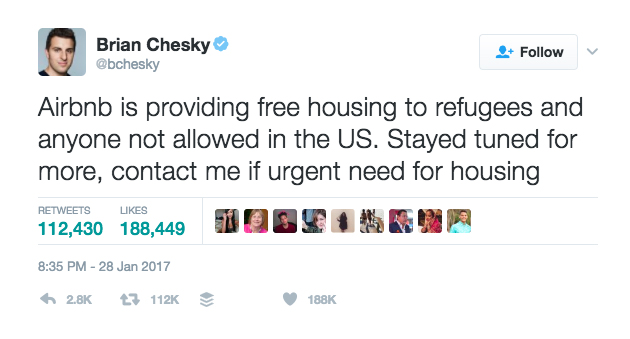
Citizen brands, activist brands or progressive challengers, however they are labelled, these guys had a big year.
Across categories, incumbent brands are under threat from a wave of challengers driven-by a social purpose. Yet, because it's driven by progressive brands leading by example, through action, not slogans and advertisements, it's not a toppling of the establishment brands. It's a steady chipping away.
Peanut butter without palm oil means less deforestation. Soft drinks without fructose means less obesity. Choosing the brand with the buy a pair give a pair program, could provide the gift of vision, or a free meal so parents struggling financially, can feed their child.
These challengers aren't necessarily shouting about how they are changing the world. They are just getting on and changing it. And whilst these actions and initiatives can individually seem small, the consequences for brands, people and the planet are huge.
The future is what we decide to make, so stop worrying and make it happen
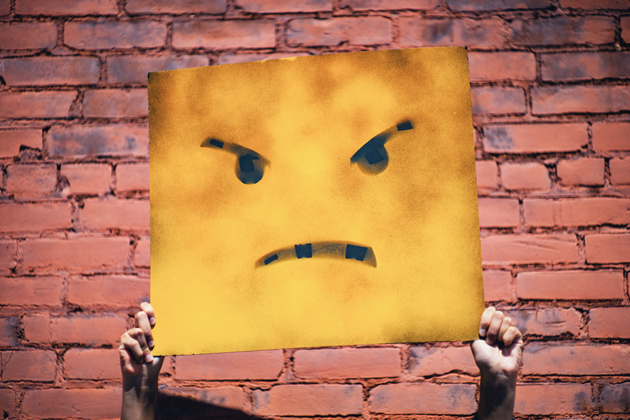
According to a poll carried out in July this year, 47% of young people in the UK said they were worried for the future. A third said they felt more anxious this year than at the same period in 2016. Whilst there's a number of factors contributing to young people feeling anxious, it's clear it's a rising trend.
Our minds often interpret the future as a linear 'path'; a sequence of events that happen and we have little choice but to accept it and respond. The truth is that people (although I'm not suggesting this is easy) make the future with big ideas and a collective will for change.
"Tomorrow is created from what we decide to do today" says author and futurist Richard Watson, "we should therefore spend less time worrying and more time discussing where it is we want to travel and how we get there."
So there. Stop worrying and make it happen.
2018 will be your year.
This article originally appeared on thechallengerproject.com
